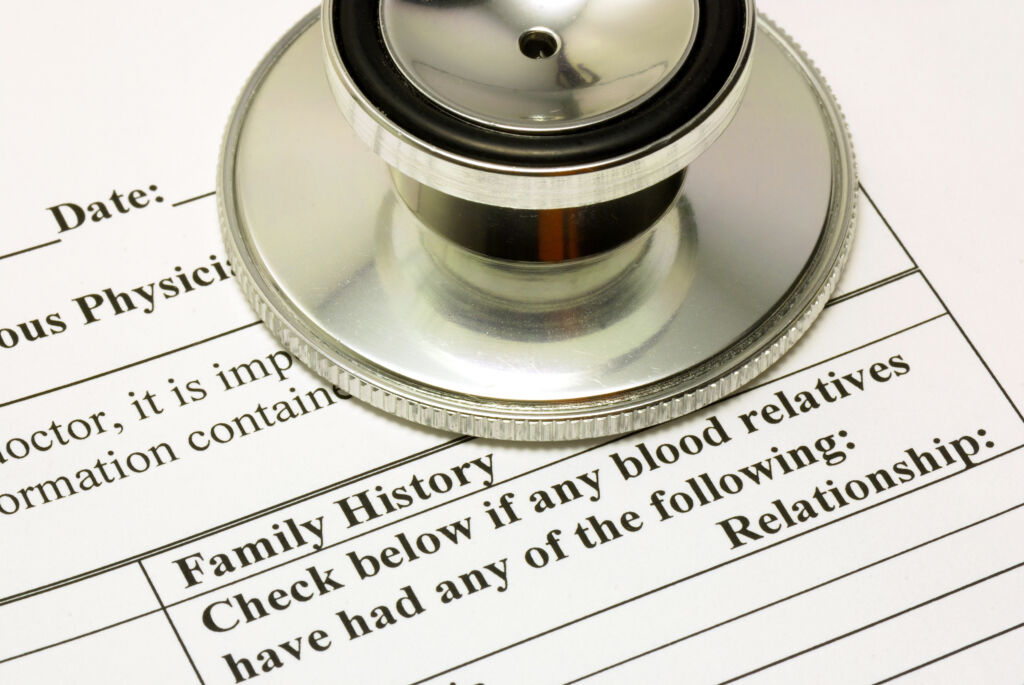
When you visit your doctor for a physical exam, one question you can expect is about your family’s medical history. But what if you don’t have this information readily available?
Understanding your family’s medical history is crucial for preventive healthcare,” explains Dr. John Agaiby, a family medicine provider at Aurora Health Care. “It can offer valuable insights into your susceptibility to diseases like heart disease, cancer, and diabetes.”
Unfortunately, not everyone has access to this information due to various reasons. Deceased family members, lost contact with living relatives, or being adopted can make it challenging to gather this data. Additionally, some family members may be hesitant to discuss their health due to privacy concerns or not wanting to cause worry.
“Health is a sensitive topic for many individuals,” Dr. Agaiby notes. “Start by utilizing the information you do have and approach discussions with empathy and understanding.”
If possible, try to compile a health history for at least three generations of close relatives, including parents, grandparents, and great-grandparents. Focus on conditions where genetics play a role and inquire about the age of onset for these conditions:
- Diabetes
- Early death
- Cancer
- Heart disease – Including stroke and heart attack
- High blood pressure or high cholesterol
- Autoimmune diseases
- Alzheimer’s disease
- Mental health disorders
Having this information is a valuable resource to share with your primary care provider.
While discussing family health history may not be suitable for every dinner table conversation, engaging in one-on-one dialogues can provide valuable insights. Family members may be willing to share personal health experiences, challenges, and triumphs.
If direct discussions with family members prove difficult, consider reaching out to aunts, uncles, or cousins for additional information. In cases where information is scarce, genealogical research can help piece together your family’s health history.
Lastly, if you encounter obstacles in uncovering your genetic risk for various conditions, consult your healthcare provider. They may refer you to a genetic counselor or medical geneticist for further evaluation and testing based on your individual risk factors.
Take a free online quiz to assess your risk for diabetes.

